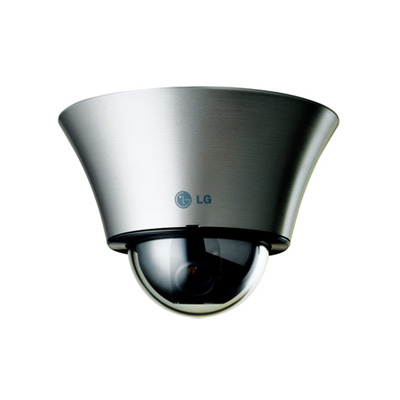Promoting digital gadgets is usually a tough business, because the products tend to be both bodily fragile and may be prone to malfunction. Some things, like PCs, cell phones, GPS gadgets, PDAs, Bluetooth, Blackberry, DVDs, the development of CGI and games, lasers, and satellite tv for pc know-how, have grown so rapidly, we boomers can barely keep up. Some of the favorite cell phones of young ladies at this time are the Razr, the Slider, the Chocolate, and of course, the iPhone.
And if your child already has one, then purchase cool equipment accessible for it. One of the vital in style accessories for iPod touch is the docking station. On-line electronics gadgets sellers typically want so as to add disclaimer notices to their cell phones as a result of not all GSM cellular phone community uses the identical frequency.
Apple’s iPod identifies these compressed information, on iPod machine through the use of “digital audio chip” (DAC) to create digital audio information that are transmitted to move telephone (listening system). Individuals who can not afford to purchase the original or branded gadgets choose to buy these unbranded ones because it consists of the identical options like the branded ones.
This …




